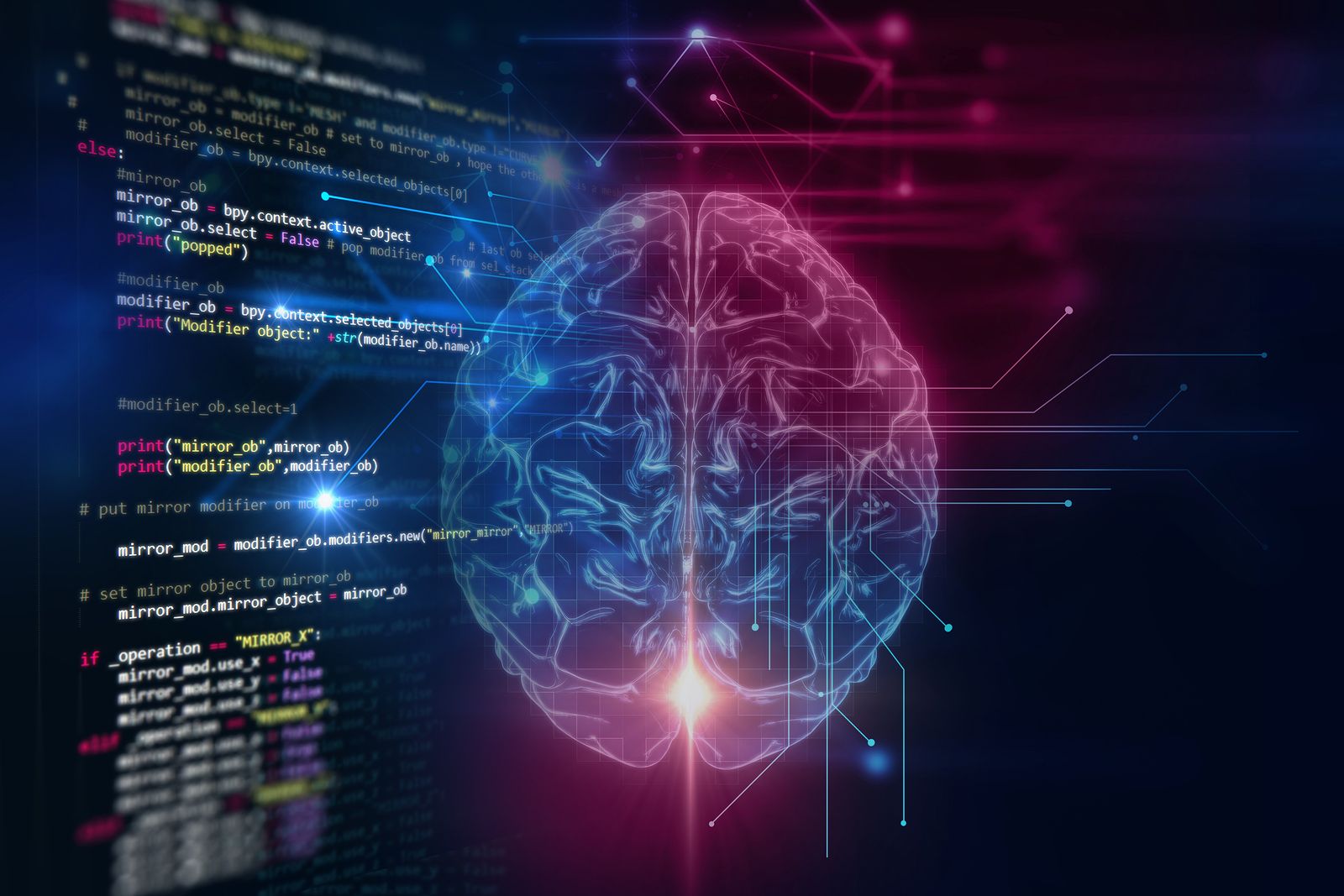It was when we tried virtual reality (VR) for the first time that we realized our method of controlling computers is likely to change. When you realize your VR headset is acting as a pointer in virtual reality, and you begin using your head like a mouse without even thinking about it, you start to grasp that there are much easier ways to control computers. Take foveated rendering (eye tracking) as an example. Soon computers will know exactly where you are looking – blink twice for double click!
Last November 2016, we posted an article, “Brain Implants that Augment the Human Brain Using AI” where we talked about exploring the hippocampus to solve brain disorders associated with memory loss. Much work has been done by Dr. Theodore W. Berger into neurobiological issues related to the hippocampus, primarily around implants to explore signal processing of hippocampal neurons. As it turns out, the hippocampus is the storage for our short-term memory working much like the RAM does in your computer. This is the motivation behind Bryan Johnson’s $100 million investment into his brain augmentation startup Kernel.
A Brain Computer Interface (BCI) or Brain Machine Interface (BMI) has numerous definitions, but the common elements found among all the definitions are as follows:

Advanced new BCI will likely also lead to a revolution in artificial intelligence:
https://www.reddit.com/r/thisisthewayitwillbe/comments/59lu26/a_possible_unexpected_path_to_strong_ai_agi/
Non-invasive BCI would have the biggest impact in that regards — and Mary Lou Jepsen’s claimed fNIRS breakthrough (which supposedly will have the spatial resolution of fMRI; and could possibly have the temporal resolution of EEG) might be just what is needed to kickstart the revolution:
https://www.youtube.com/watch?v=BP_b4yzxp80
Note that she was a professor at MIT, worked at Google X, and also Facebook Oculus, before leaving late last year to work with her new BCI startup full time. Facebook’s Building 8 research group very recently announced they would be hiring people to work with “novel non-invasive neuroimaging technologies”.